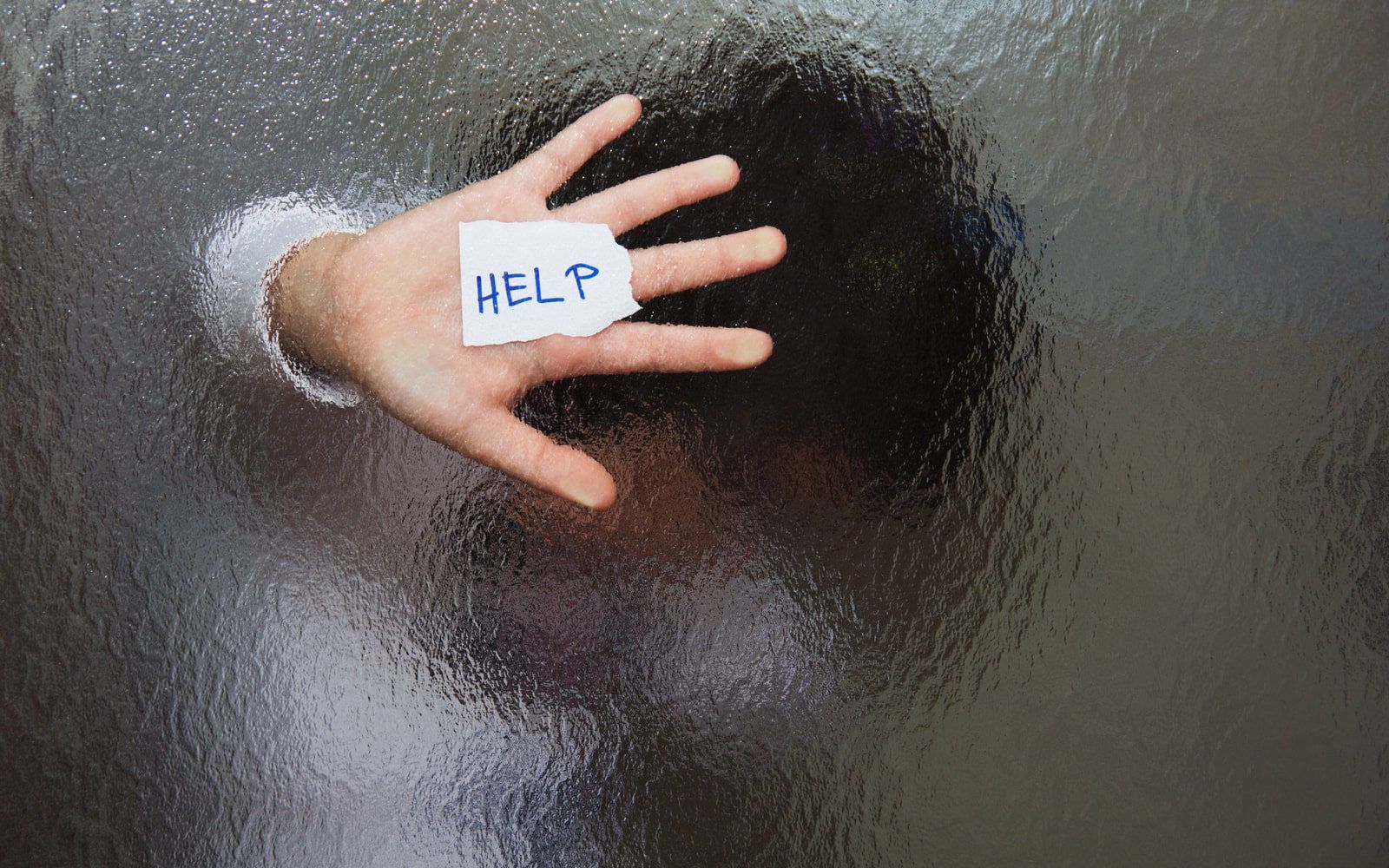How Dentists Identify Oral Health Signs of Child Abuse

Child abuse is a serious concern in every part of the world. Any time a child experiences serious mental, emotional, or physical harm at the hands of another, child abuse is taking place. Numerous things fall under this banner. Among them are cases where the guardian has knowingly allowed the child to come to harm, even if they were not a participant in that harm. All medical professionals, including dentists, are trained to recognize the signs of child abuse. They are also legally required to report them as part of helping to put an end to it as much as possible. You, too, can learn to identify the signs so you can offer the child aid by contacting the authorities.
How Dentists Identify Oral Health Signs of Child Abuse
As mentioned above, all medical providers are required to report signs of child abuse when they see them. The responsibility to report signs of neglect and abuse in children is a requirement for these providers in many states. It’s important to know that the dentist does not need to prove that abuse or neglect is happening. They merely have to report that they suspect it is happening. If it can be proven that they saw the signs and failed to report them, they can pay a significant fine. The signs that dentists most frequently look for include the following:
- Physical Abuse – Injuries to the teeth, mouth, jawbone, and lips are common in abused children, along with cuts and scrapes. Less common but still frequent are thermal, electrical, and chemical burns. Injuries can often be found on the tongue, oral mucosa, and the hard and soft palates as well. When teeth are involved, it’s generally in the form of a fracture or displacement or being completely knocked out.
- Sexual Abuse – Oral (within the mouth) and perioral (around the mouth) gonorrhea is frequently found in children who have been sexually abused.
- Emotional Abuse – It can be truly difficult to identify emotional abuse signs. There are rarely any physical symptoms associated with it, so the dentist has to watch for certain behaviors. Among them are thumb-sucking, rocking, and throwing tantrums when inappropriate for the child’s age. Being overly adult and taking care of younger children when they are very young is another sign they watch for.
- Neglect – Neglect typically has physical signs in the form of being overly skinny, having clothes that are dirty and smelly, and poor oral hygiene. Untreated medical conditions are another significant indication.
All these indications may lead to the dentist reaching out to the authorities to report suspicion of abuse. We all must learn to watch for signs like these to protect the children of our community. While our medical professionals can help, only together can we bring an end to the scourge of child abuse.
You Can Bring Your Concerns To Your Dentist
While they are not able to take direct action on signs of abuse, they can help you determine if a call to the authorities is the right move. This is particularly important if you spot or overhear something in the waiting room or in the dental clinic. It allows them to use their educated judgment to determine if a call is necessary.

